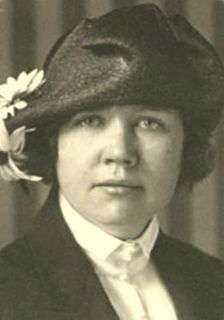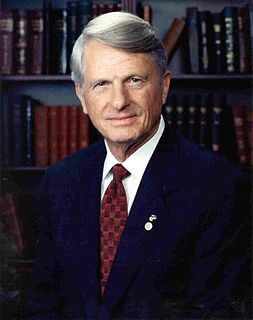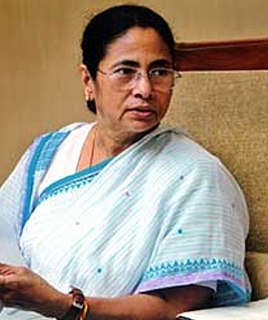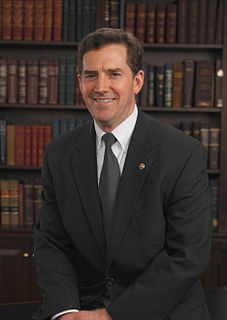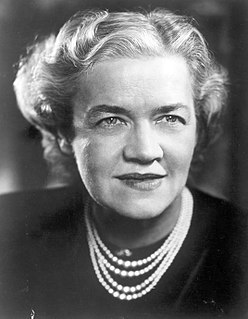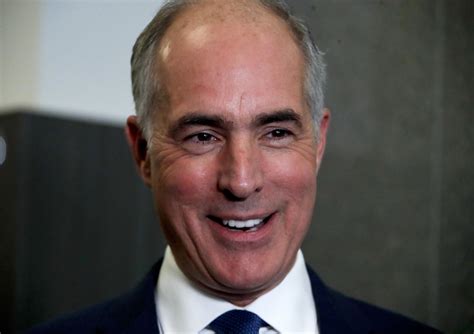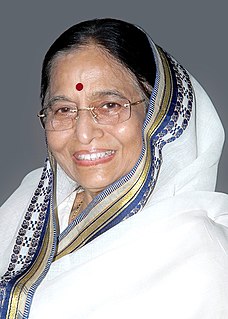A Quote by Rose Wilder Lane
The Democratic Party is now a political mechanism having a genuine political principle: national socialism.
Related Quotes
The Democratic party should say, "Thank you very much, but you know what, we're going back to be a big-tent party. Broad on social issues like this, we are declaring, go with your heart if you truly feel that you can be, that you are pro-life, and you wanna be pro-life, and a Democrat, go for it." The Democratic party has I think been hurt very badly in terms of its national reputation with this narrow, sort of, you can't be in our party if you don't hold the right views on abortion. It would be a brilliant political move if they opened up.
Thanks to the Internet in general and social media in particular, the Chinese people now have a mechanism to hold authorities accountable for wrongdoing - at least sometimes - without any actual political or legal reforms having taken place. Major political power struggles and scandals are no longer kept within elite circles.
Nevertheless, it is necessary to remember that a planned economy is not yet socialism. A planned economy as such may be accompanied by the complete enslavement of the individual. The achievement of socialism requires the solution of some extremely difficult socio-political problems: how is it possible, in view of the far-reaching centralisation of political and economic power, to prevent bureaucracy from becoming all-powerful and overweening? How can the rights of the individual be protected and therewith a democratic counterweight to the power of bureaucracy be assured?
As a political activist you run the risk of having to settle for one compromise or another in order to achieve your goals. Artists face the obvious accusation of elitism. The fundamental principle of my work is that it critiques capitalism in very specific ways. I am not interested in generalized political rhetoric. Instead of "aestheticizing" political issues, I try to challenge ingrained perspectives.
